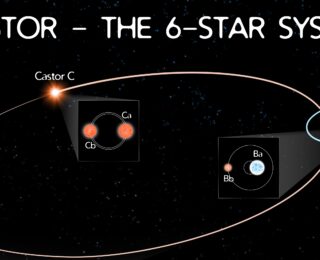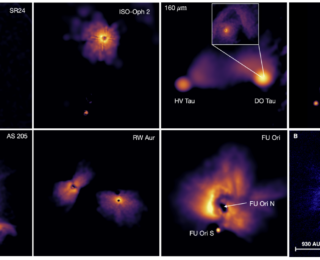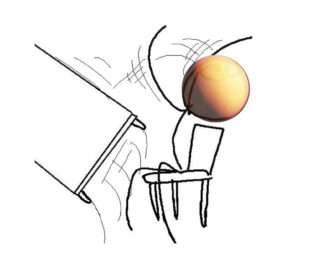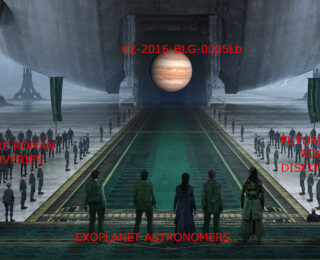
by William Balmer | Jan 6, 2023 | Current Events
Most astronomy is done by graduate students, but many aren’t compensated fairly or treated well. Ongoing struggles to unionize, especially in the past year, might give the confused and frustrated graduate student hope headed into 2023.

by William Balmer | Nov 7, 2022 | Daily Paper Summaries
Astronomers study the orbits of a sextuplet system, an absurdly complex arrangement of six stars in orbit around one another, in order to measure their masses once and for all.

by William Balmer | Aug 23, 2022 | Daily Paper Summaries
Protoplanetary disks don’t exist in isolation; when young stars pass each other by, their gravitational encounter can disrupt, or maybe even kickstart, planet formation.

by William Balmer | May 6, 2022 | Daily Paper Summaries
Planet formation is dynamic, and different planet formation models can produce dramatically different planetary atmospheres. Today’s bite discusses a new framework developed to tackle this problem, and shines some light on the formation of the exoplanet HR 8799e.

by William Balmer | Apr 11, 2022 | Daily Paper Summaries
Astronomers have just found Jupiter’s twin in a distant solar system. Their discovery technique may surprise you, and might just be the most important method for discovering Earth-like exoplanets in the next decade…





